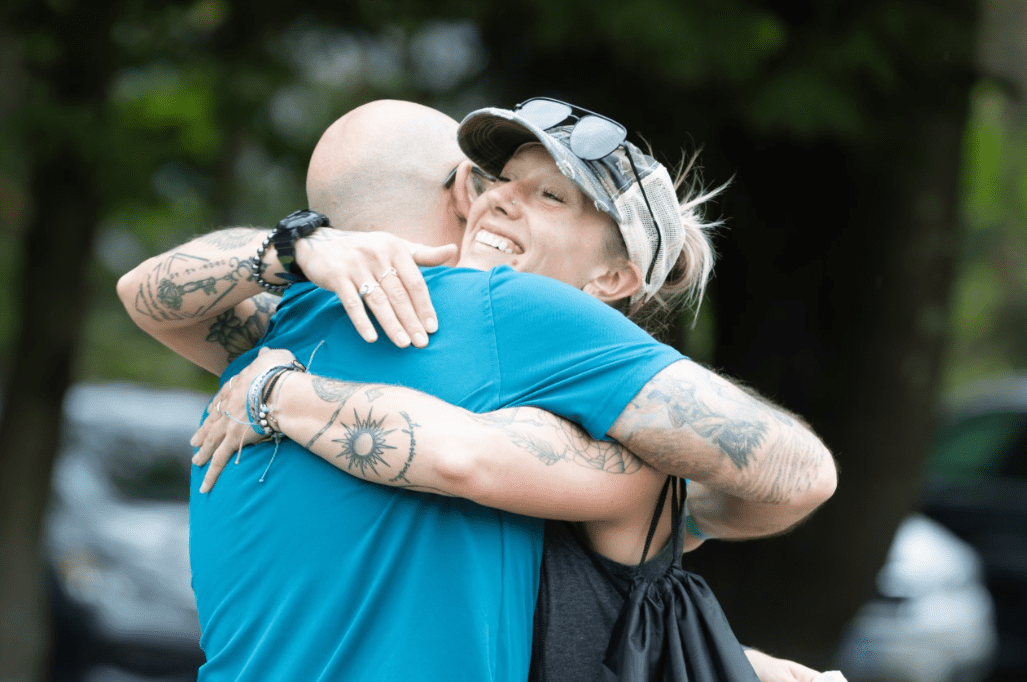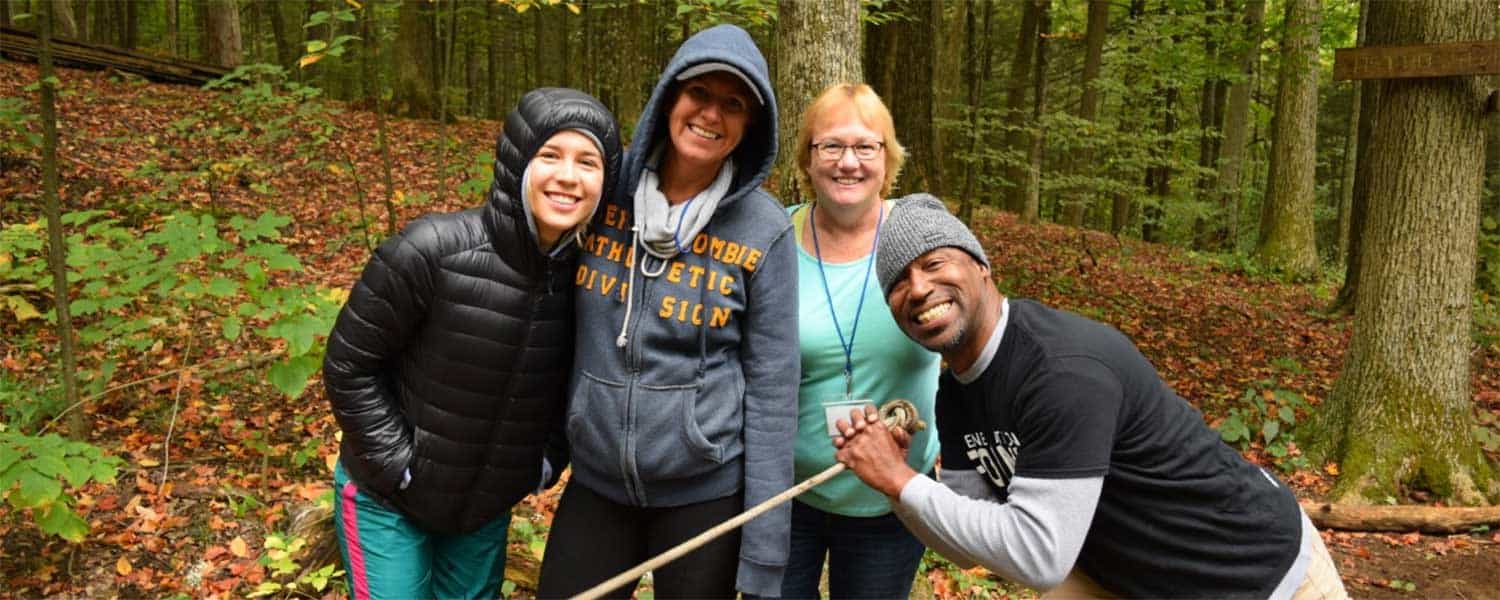One of the more challenging aspects of my early recovery was learning how to stand up for myself. After many years of substance use, I was detached from my emotions, riddled with anxiety, and had little self-worth. The belief that I had influence over how others treated me was foreign. As my recovery progressed and I slowly rediscovered my self-respect, I needed to learn how to set boundaries with others.
People with substance use disorder develop unhealthy relationships. We are attracted to noxious people like us. We alter healthy relationships with our impulsive, erratic, and dishonest behaviors, and others respond by developing unproductive patterns of their own.
Setting boundaries is a process of setting limits with others to protect our emotional well-being. Here are some of the things you can learn to do to set proper boundaries:
Trust your gut. In dealing with others, if something does not feel right, it is not right. You don’t have to respond right away and it may take some time to process the situation, which is healthy. This will also give you time to think about a mature way to respond. A sponsor, recovery coach, or therapist can help you through this process – getting in touch with your emotions and devising a productive way to tell your truth.
Say what you mean and mean what you say. Open, honest, and direct communication is “the easier, softer way.” It will initially be uncomfortable to speak your truth, but the more you practice honest communication the more empowered you become, and the less you’ll get bogged down in drama. Remember, too, that “no” is a complete sentence.
Accept others the way they are. No matter how hard you try, you are not going to change other people. We only have direct control over what we say and how we behave. Meeting people where they allow us to respond with kindness and understanding, and keeping our side of the street clean avoids challenging our emotional sobriety.
If recovery were easy, everyone would be doing it. Living a happy, joyous, and free life requires making changes that are often challenging. Sticking up for yourself is one of those changes. Failing to do so can often lead to emotional unrest and emotional unrest can be a trigger for substance use. Learning how to set boundaries takes practice and can feel uncomfortable, particularly in early sobriety. But, you are worth it so give it a try.
If you or a loved one is struggling with addiction, Mountainside can help.
Click here or call (888) 833-4676 to speak with one of our addiction treatment experts.
 By
By 







